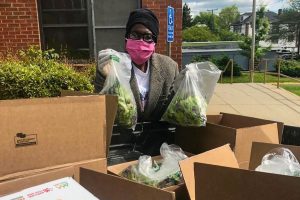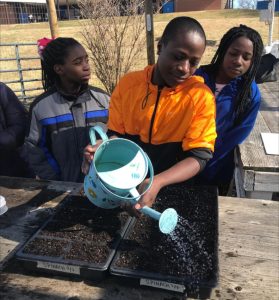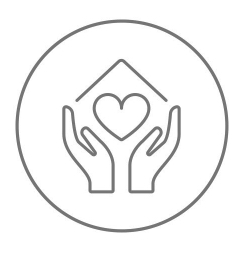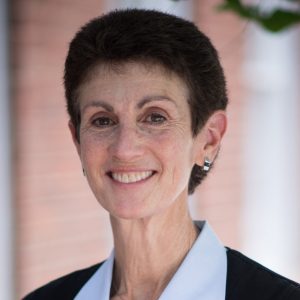The Southeastern Council of Foundations (SECF), in partnership with the Truist Foundation, has presented the Charlottesville Area Community Foundation with an inaugural Truist Foundation Promise Award.
The award came in recognition of the Community Foundation’s “innovative response to the COVID-19 pandemic,” according to Janine Lee, president and CEO of SECF, “a response that leveraged multiple forms of philanthropic capital and provided [the] community with rapid support when it was most needed.”
The Community Foundation established its Community Emergency Response Fund on March 13, 2020, to address the immediate medical and economic needs created by the pandemic. In the beginning, $4.56 million went toward the Community Resource Helpline, providing direct aid to more than 5,000 households across the region, impacting an estimated 18,000 people. In addition, $847,000 funded grant awards to twenty-eight nonprofit organizations.
Over time the effort evolved into a broader, ongoing response to the longer-term challenges of the pandemic, which have often overlapped with issues of racial justice. In October, the Foundation awarded Community Recovery & Catalyst Grants to 124 area nonprofit organizations totaling $2,218,250.
Brennan Gould, president and CEO of the Community Foundation, thanked the more than 800 donors from throughout the region who made the response possible. The largest contributors included the Batten Family, Bama Works Fund of Dave Matthews Band, the University of Virginia, Quad-C Management, Adiuvans Relief Fund, Wick and Bonnie Moorman, Hilltop Foundation, Quantitative Foundation, Pumpkin Seed Fund, Saraswati Fund, Wells Fargo, Tremaine Family Foundation, Bank of America Charitable Foundation, and three anonymous donors.
Community partners, including Cville Community Cares, the United Way of Greater Charlottesville, the City of Charlottesville, and Albemarle County, also were essential in the effort.
Gould stressed, however, that the work is not finished. “We are grateful for this recognition and to all of our donors and partners who made the work possible,” she said. “I’m also incredibly proud of our amazing team members who gave tirelessly to this effort. We know the pandemic is worse than ever and people are still suffering. This still remains a scary and challenging time for so many people. What’s most important is that we continue to find ways to meet the needs of our community in this difficult time.”
Based in Atlanta, the SECF is a membership association of more than 360 grantmakers working together to strengthen, promote, and increase philanthropy in 11 southeastern states, including Virginia. The Truist Foundation is the philanthropic arm of Truist, a bank formed out of the merger of BB&T and SunTrust.





